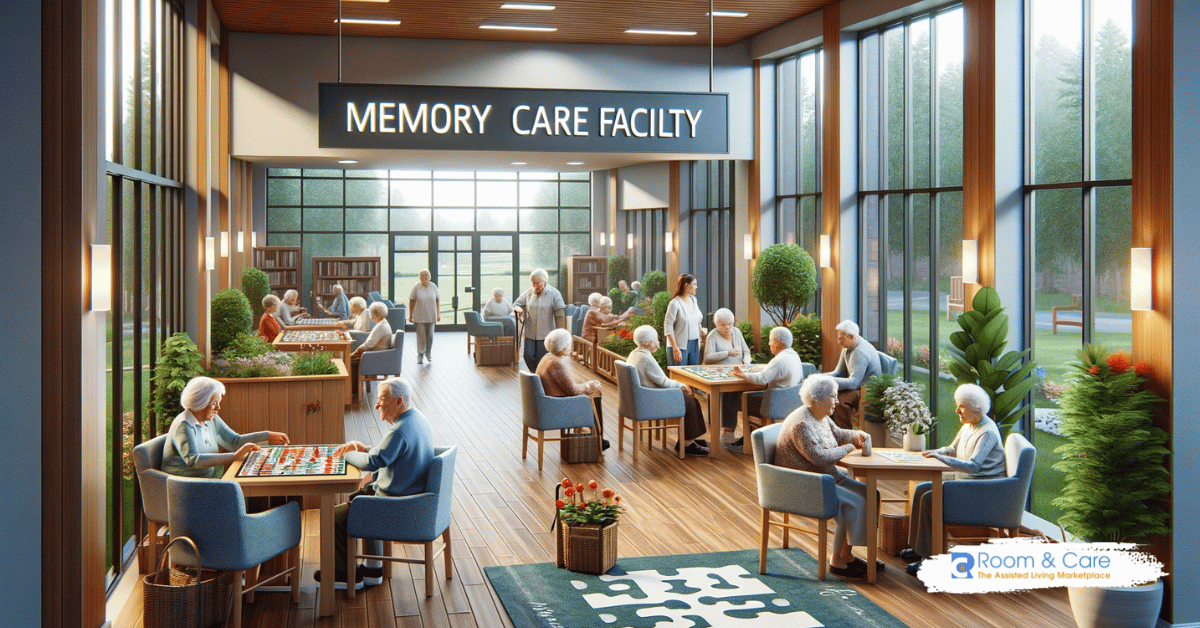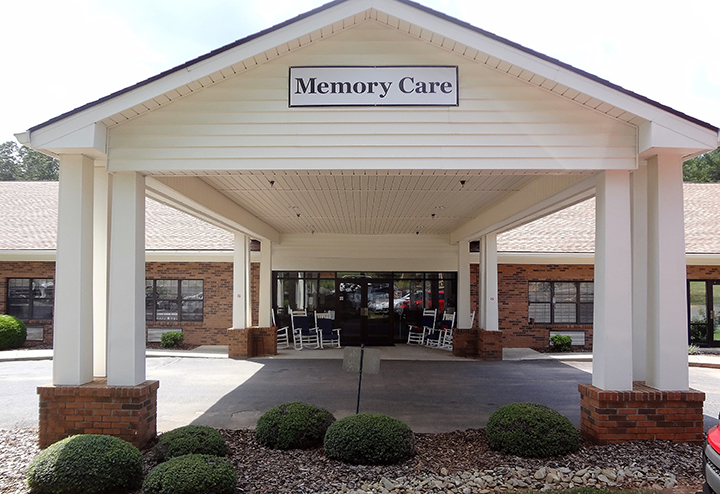Family-Oriented Facilities Offering Personalized Alzheimers Care Charlotte
Family-Oriented Facilities Offering Personalized Alzheimers Care Charlotte
Blog Article
Developing a Safe and Supportive Setting for Alzheimer's Care
The creation of a secure and helpful atmosphere for individuals with Alzheimer's is extremely important in improving their lifestyle. This includes not only physical adjustments within the home, such as reducing hazards and including familiar elements, yet also the execution of structured routines and significant tasks that deal with their cognitive requirements. Recognizing the psychological and mental dimensions of care can significantly affect their feeling of safety and security and connection. Discovering these multifaceted methods can disclose essential insights into efficient caregiving methods that might change the daily experiences of both caretakers and people.
Recognizing Alzheimer's Demands
Regularly, people with Alzheimer's condition show a series of demands that call for customized strategies to care. As the problem proceeds, cognitive decline shows up in various ways, impacting memory, reasoning, and even the ability to perform day-to-day tasks. Caretakers need to acknowledge these developing needs to offer appropriate support and ensure a better of life for those influenced.
One important element of understanding Alzheimer's needs is recognizing the relevance of regular and knowledge. People commonly discover comfort in established patterns, which can reduce anxiousness and confusion. Caretakers must aim to produce structured day-to-day schedules that incorporate purposeful activities aligned with the individual's rate of interests and abilities.
In addition, efficient communication is paramount. Individuals with Alzheimer's might battle to reveal themselves or comprehend complicated language. Caretakers ought to utilize simple, clear language, use non-verbal cues, and technique active paying attention to foster understanding and link.
Lastly, social and psychological needs can not be forgotten. Offering possibilities for social interaction and preserving partnerships can considerably boost emotional wellness. Caretakers should motivate interaction in area activities or household celebrations, promoting a sense of belonging and function. Recognizing these diverse requirements is essential for producing an encouraging treatment environment.
Creating a Safe Home
Developing a safe home for individuals with Alzheimer's disease is important to advertising and minimizing threats independence. The layout of the living room should prioritize safety while enabling individual convenience. First, remove potential hazards such as loosened carpets, sharp items, and clutter, which can result in falls or accidents. Make certain that paths are clear and well-lit, as proper lighting decreases disorientation and enhances flexibility.
Including adaptive attributes is also critical. Set up grab bars in washrooms and near stairways, and take into consideration using non-slip floor coverings in wet locations. In addition, using different colors for wall surfaces and floors can help in distinguishing areas, aiding to reduce complication.
Knowledge is necessary for people with Alzheimer's. Personalizing the atmosphere with acquainted objects and photos can enhance a sense of belonging and protection - Alzheimers Care Charlotte. It is also helpful to have actually a designated location for day-to-day tasks, such as analysis or crafting, which can offer framework to their day
Lastly, executing a safe and secure outdoor area allows for secure exploration while getting in touch with nature. By thoughtfully creating the home setting, caregivers can substantially boost the lifestyle for people coping with Alzheimer's disease.
Enhancing Communication Abilities

Non-verbal communication, consisting of faces, gestures, and touch, plays an important function in conveying compassion and understanding. Preserving eye contact and a calm demeanor can boost the comfort level of the person, promoting a feeling of security.
Furthermore, it is important to exercise active listening. This entails being completely present, revealing persistence, and allowing the individual to express themselves without disturbance. Repeating might be needed; caregivers must be prepared to revisit subjects or concerns, as people with Alzheimer's may have problem with memory recall.
Furthermore, using aesthetic aids or hints, such as photographs or acquainted items, can promote recognition and involvement. Eventually, boosting communication abilities is about constructing count on and developing an atmosphere where people feel listened to, valued, and recognized, thus improving their quality of life.
Motivating Social Communication
Promoting purposeful social communications can significantly boost the well-being of individuals Continue with Alzheimer's illness. Involving with others not only assists fight feelings of isolation however additionally stimulates cognitive function and emotional wellness. Structured social tasks, such as team video games, crafts and arts, or music treatment, develop opportunities for locals to link with peers and caretakers, which can bring about improved mood and minimized anxiousness.
Developing an inviting atmosphere that motivates socializing is important. This can be accomplished by setting up common areas that promote communication, such as comfy seating locations or task areas. In addition, including culturally pertinent and acquainted tasks can urge and trigger memories engagement, enabling people with Alzheimer's to feel more connected to their past experiences.
Furthermore, caregivers need to be trained to acknowledge and advertise social involvement among residents. By focusing on social interaction, we can significantly improve the lives of those living with Alzheimer's, promoting a sense of area and belonging.
Supporting Caretaker Wellness

To support caretakers, companies should use normal training and educational resources to improve their understanding of Alzheimer's illness and caregiving strategies. Providing access to break treatment solutions permits caregivers to take required breaks, minimizing stress and anxiety and fatigue - Alzheimers Care Charlotte. Additionally, promoting a neighborhood with support system can promote psychological sharing and the exchange of sensible advice among caregivers, creating a network of shared assistance
Psychological wellness sources, such as therapy solutions, can additionally be essential in addressing the emotional toll caregiving can take. By prioritizing caregiver health, we develop an even more lasting caregiving setting that not just profits the caretakers themselves but also boosts the total quality of care received by individuals with Alzheimer's. Eventually, supporting caregivers is an essential element in promoting a effective and compassionate treatment setup.
Verdict
Finally, the production of a encouraging and secure setting for people with Alzheimer's is important to enhancing their top quality of life. By focusing on security with thoughtful design, fostering emotional health with familiar elements, and promoting engagement through structured routines, caretakers can substantially influence the overall experience of those impacted by this problem. Supporting caretaker health is vital, as it ultimately adds to a more reliable and read caring treatment environment.
Repeating may be needed; caregivers must be prepared to revisit questions or subjects, as people with Alzheimer's may battle with memory recall.

Report this page